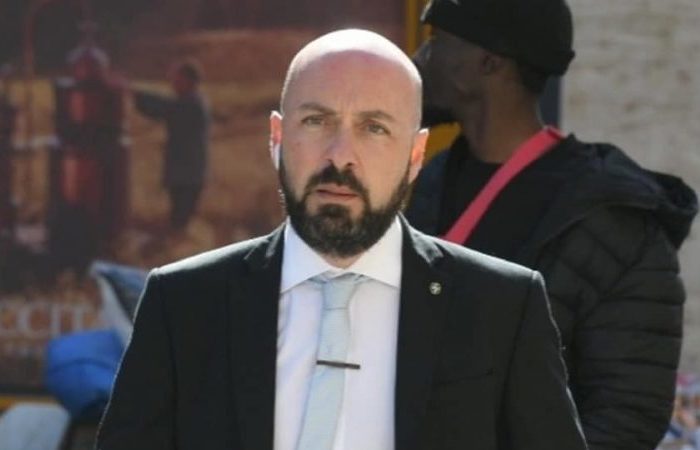The European Centre for Press and Media Freedom (ECPMF) has condemned Tuesday’s court ruling in criminal proceedings against Neville Gafà for “threats he made on Twitter” against Nello Scavo, a journalist for Italian daily newspaper ‘Avvenire’.
On 27 June, Gafà, a former person of trust in the Office of the Prime Minister, told Scavo on Twitter: “Stop your dirty business. If not, we will be stopping you.”
The dialogue had started when Scavo replied to a tweet by Gafà in which the latter had also told AlarmPhone, an independent organisation assisting people crossing the Mediterranean: “Stop your dirty business”.
Scavo, who is vocal about Malta’s handling of the migrant situation, and who has been under police protection since October 2019, had tweeted back, “dirty business, dirty oil, dirty agreement by governments. Anything to say about this dirty ways”?
Scavo later explained that besides feeling threatened by the message from Gafà , he also felt threatened by the lack of response to his question: “Exactly who is ‘we’?”.
On Tuesday, the court ruled that Scavo’s initial response to the tweet did not indicate he had perceived it as a threat. To support this, the magistrate noted that Scavo did not file a police report in Italy, although he has been under police protection following threats related to his reporting on immigration and organised crime since October 2019.
In his defence, Gafà said that he did not intend to threaten Scavo and that his tweet was a political comment about illegal immigration directed towards AlarmPhone. Overall, Magistrate Charmaine Gales found there was insufficient evidence to support the criminal charge and acquitted Gafà.
Scavo reacted, saying: “We take note of this verdict. This process has given me an even deeper insight into the Maltese situation and the climate of severe tension and continuous de-legitimisation in which the island’s journalists are forced to work.”
ECPMF warned that verbal threats from government officials and high-profile individuals, in particular, demonise the media and independent scrutiny and can, if left unaddressed, lead to physical acts of violence and reinforce a message of impunity.
“In Malta, years of verbal threats, attacks on her home, vexatious legal actions and other forms of harassment preceded the assassination of investigative journalist Daphne Caruana Galizia,” the organisation said in a statement.
ECPMF said it believes that Gafà’s acquittal is an injustice to Scavo. “In failing to recognise how journalists are pressured and intimidated, it is also a disappointment for everyone who considers that receiving threats and insults should not be a routine ‘part of the job’ for journalists.”
ECPMF noted this was a “worrying trend” across Europe. Since March 2020, 173 alerts on Mapping Media Freedom in 26 EU member states and candidate countries relate to harassment and psychological abuse directed at journalists and media workers due to their work.














It was a comment with an open statement. Even if it was done intentionally and directly on Scavo, it could have never been accused due to lack of sustainable evidence.
I am sure that Scavo had not felt threatened by this comment but was pressed to file charges.